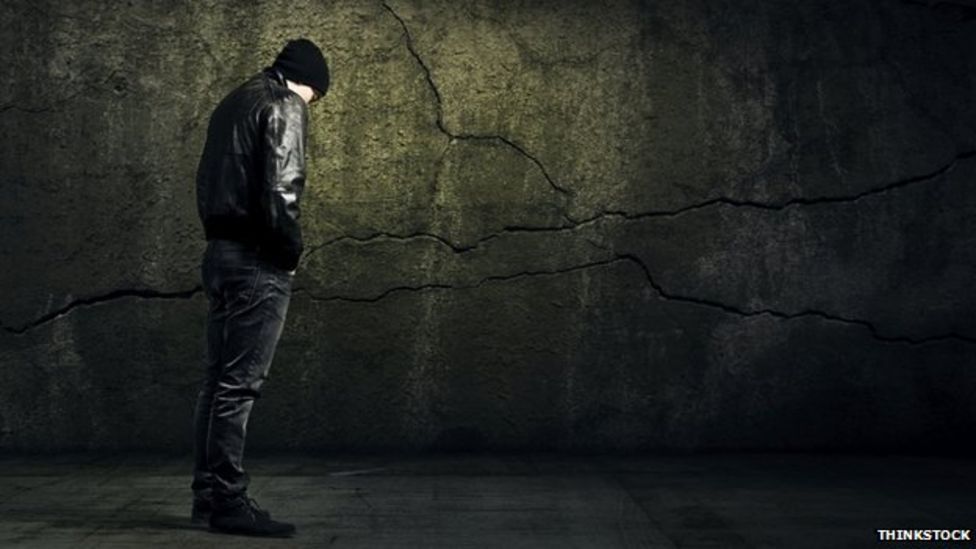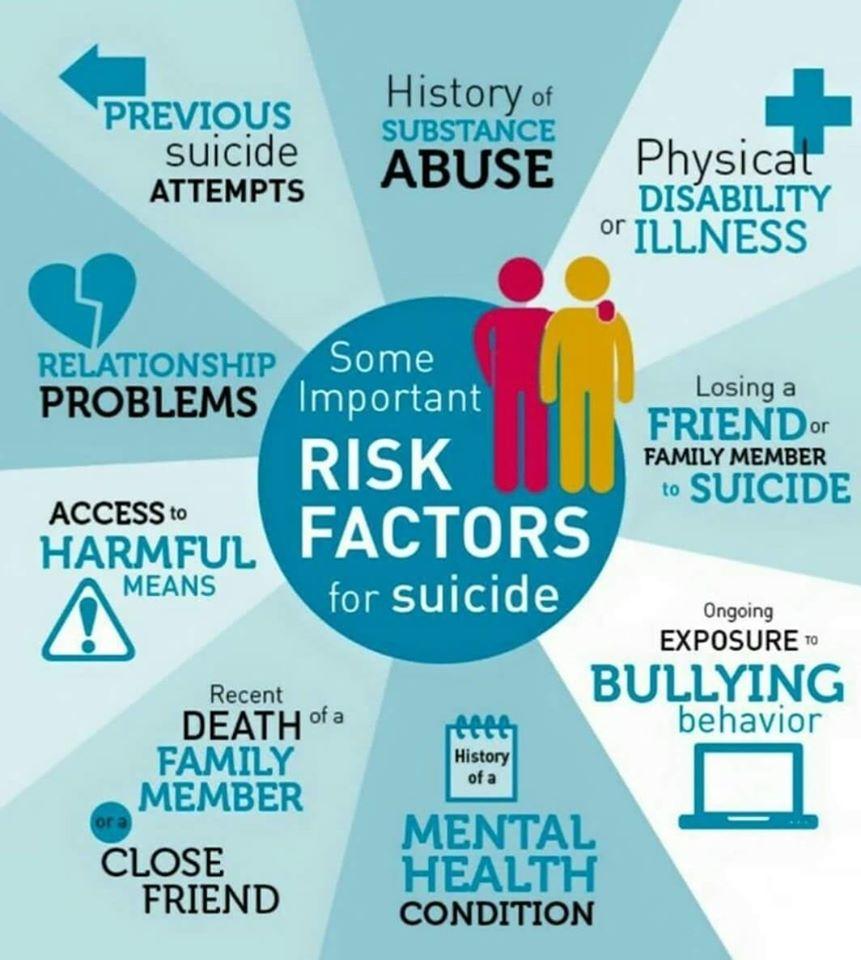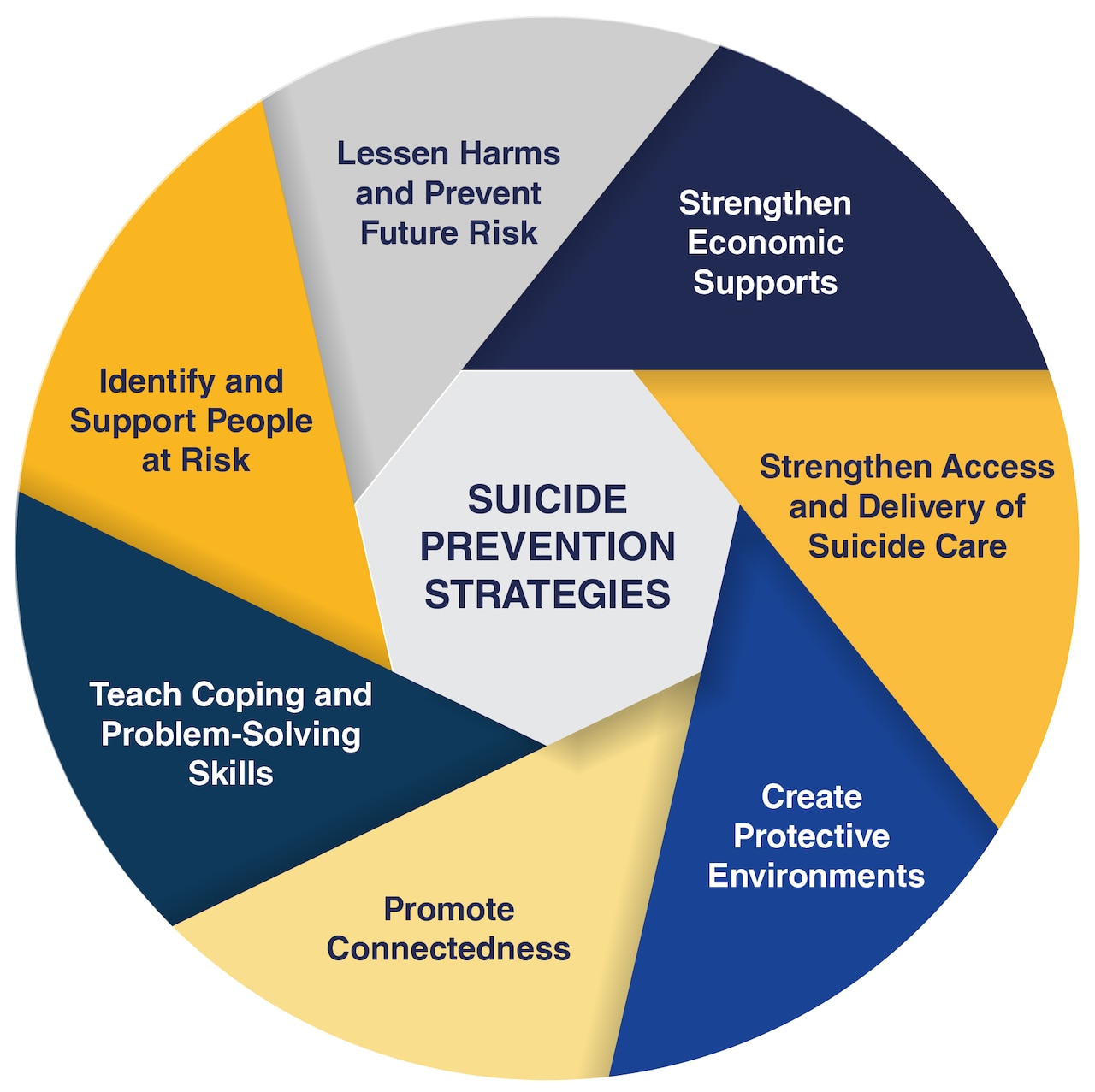Suicide Postponed Meme - Finding Hope
Sometimes, in the quiet moments of life, a small spark of something unexpected can make a truly big difference. It's almost as if a tiny, almost invisible thread appears, offering a momentary pause when things feel very heavy. This idea, in a way, touches on why certain internet expressions, like the "suicide postponed meme," resonate with people. It’s about those little reasons, those brief flashes of light, that help someone hold on for just a bit longer.
The concept behind these online moments isn't about trivializing serious feelings, but rather, it highlights the often-overlooked power of small, everyday occurrences. It’s about how a silly animal video, a funny comment from a friend, or even a sudden craving for a favorite food can, just for a moment, shift someone's focus. That little shift, you know, can be a lot more powerful than we sometimes give it credit for, creating a space where other thoughts can enter.
This isn't to say that complex struggles disappear with a quick laugh or a fleeting thought. Not at all. But it does point to a very real human experience: the way even tiny bits of light can help someone keep going when they feel like they can't. It underscores the idea that sometimes, the simple act of finding one more reason, no matter how small, can be a vital step in a much bigger picture of well-being and getting support.
Table of Contents
- The Quiet Power of a Pause
- Why Do We Talk About Suicide So Much?
- How Does the "Suicide Postponed Meme" Fit In?
- What Role Do Communities Play in Supporting Life?
- Beyond the Meme - Real Support
- Are There Different Kinds of Help for Everyone?
- The Big Picture - A Shared Responsibility
- Every Life Matters, Every Moment Counts
The Quiet Power of a Pause
Life, as we all know, can throw some pretty tough stuff our way. There are days when the weight of everything feels almost too much to bear. It’s during these moments that the smallest of things can sometimes act like a tiny anchor, holding us steady for just a little while longer. Think about it: a funny picture someone sends, a cute animal doing something silly, or even just remembering a favorite snack you want to eat. These small moments, in a way, can create a brief but important pause. They don't erase the deep feelings, but they can, you know, just give a person a moment to breathe. This idea is, basically, at the heart of what the "suicide postponed meme" represents for many. It's a nod to those fleeting, unexpected reasons that, for a precious second, make someone decide to stick around.
It's not about making light of serious emotional pain; rather, it’s about acknowledging the very human experience of finding small, personal reasons to keep going, even when the bigger picture feels bleak. A person might be going through something incredibly difficult, and then, suddenly, they see a funny cat video, or they remember they promised to water a plant. These aren't solutions to deep-seated issues, but they can be a temporary lifeline. They are, in essence, a reminder that even in the darkest times, little bits of light or connection can still exist. This quiet power of a brief stop, a moment of distraction, can be a first, gentle step toward seeking more lasting comfort and help.
Why Do We Talk About Suicide So Much?
The issue of suicide, you know, is a serious concern for everyone's well-being all over the world. It’s not something that happens in just one place or to one kind of person. Sadly, every single year, a very large number of people—more than 720,000 folks, actually—lose their lives this way. This makes suicide one of the most common reasons people pass away across the globe. It's a difficult truth to face, but it's a reality that touches families and communities everywhere, leaving a lasting ache for those left behind. This concern is present in so many different places, from very developed nations to small island countries in the Pacific, showing just how widespread this challenge truly is.
When we look at the numbers, it becomes quite clear that this is a truly significant public health matter. It’s among the top twenty causes of death worldwide, which is a startling fact. To put it another way, more people pass away because of suicide than from illnesses like malaria or breast cancer, or even from conflicts. Each and every one of these losses is a tragedy that deeply affects families and loved ones. They carry that pain, in some respects, for the rest of their lives. This heavy reality is why it’s so important to talk about it openly and to understand the many ways we can offer comfort and support.
How Does the "Suicide Postponed Meme" Fit In?
Given the heavy nature of what we just talked about, it might seem a bit odd to bring up something like a "suicide postponed meme." But actually, there's a reason these kinds of online expressions exist and resonate with people. They act, in a way, as a very human, sometimes even raw, way of showing that even in moments of deep despair, a small, unexpected reason can cause someone to pause. It’s not a solution, but rather a tiny, relatable acknowledgment of the human spirit’s capacity to find a sliver of something to hold onto. These memes, you know, often highlight very simple, sometimes silly, things: a pet doing something funny, a favorite food, or a new episode of a show. They are, essentially, a quick, almost whispered, reminder that there might be just one more thing worth experiencing.
The power of the "suicide postponed meme" isn't in its humor, but in its underlying message of finding a momentary reprieve. It shows that the desire to live, or at least to continue for a little while longer, can be triggered by something incredibly ordinary. This isn't about making light of someone's pain; it’s about recognizing that sometimes, the decision to keep going is made one small, almost arbitrary, reason at a time. It’s a very personal and often unspoken testament to the fact that even when someone feels completely alone, there might be a tiny, unexpected thread connecting them to the world, offering a brief, vital pause. It’s a subtle way of saying, "I get you, and sometimes, a little thing can make a big difference, even if just for now."
What Role Do Communities Play in Supporting Life?
Helping folks avoid suicide truly calls for many different groups working together, like those in health, schools, jobs, farming, shops, legal matters, law enforcement, defense, and even government. It’s not a job for just one person or one type of organization; it’s a shared effort that needs everyone chipping in. Think about it: a teacher might notice a change in a student, a farmer might see a friend struggling, or a co-worker might sense something is off. These everyday connections are, in some respects, the first lines of comfort and observation. Building a network of care means that people in all these different parts of society are aware and ready to offer a hand or point someone towards comfort. It’s about creating an atmosphere where reaching out for comfort is seen as a sign of strength, not weakness, and where comfort is readily available.
Every community, whether it’s a bustling city or a quiet village, has a part to play in looking out for its members. When people feel connected and supported, it builds a stronger, more caring place for everyone. This shared responsibility means that schools might teach about emotional well-being, workplaces might offer resources, and local groups might set up comfort lines. It’s about making sure that no one feels like they are completely on their own when facing difficult feelings. This collective approach helps to weave a safety net, so to speak, catching people before they fall too far. It’s a long-term commitment, really, to fostering an environment where every life is cherished and protected.
Beyond the Meme - Real Support
While the "suicide postponed meme" can highlight the small reasons people hold on, it’s very important to remember that real, lasting comfort and safety come from organized efforts and accessible help. These online expressions are a glimpse into a person's inner struggle and their search for a reason to continue, but they are not a substitute for professional care or community comfort systems. For instance, the importance of crisis lines and comfort centers cannot be overstated. These places are set up specifically to offer immediate comfort and a listening ear when someone is going through an extremely hard time. They are, in a way, a direct answer to the feelings of isolation that often accompany deep distress.
The goal, you know, is to make sure that comfort for suicide avoidance is a core part of our everyday comfort systems. This means stepping in early when someone shows signs of being at risk. It’s about noticing those subtle cues and having the right tools and pathways to offer help right away. Whether it’s through a school counselor, a family doctor, or a community comfort worker, the ability to intervene quickly and gently can make a world of difference. This approach focuses on proactive care, making sure that people get the comfort they need before their feelings become too overwhelming. It’s about creating a system where comfort is not just available, but actively offered and easy to find for anyone who might need it, reinforcing the message that help is always there.
Are There Different Kinds of Help for Everyone?
Absolutely, yes. The truth is, people from all walks of life, in very different places, can experience thoughts of suicide. From folks in highly developed areas to those living in small Pacific island nations, this challenge touches a wide range of settings. This means that the comfort and support offered need to be just as varied and understanding of different situations. What works for one person or one community might not be the best fit for another. So, in some respects, comfort plans need to be flexible and considerate of cultural backgrounds, local ways of life, and individual preferences. It's not a one-size-fits-all situation at all.
For example, comfort might look like a quiet conversation with a trusted elder in one place, or access to a specialized comfort center in another. It might involve group sessions where people share their experiences, or one-on-one talks with a trained professional. The important thing is that there are many different paths to finding comfort, and people should feel able to choose the one that feels most right for them. This diversity in comfort options ensures that help is truly accessible and meaningful for everyone, no matter where they are or what their personal situation might be. It’s about meeting people where they are, with the kind of comfort that truly resonates with their unique needs and experiences.
The Big Picture - A Shared Responsibility
When we think about avoiding suicide, it’s clear that it’s a serious concern that calls for everyone to pitch in. It’s not just something for comfort workers or doctors to handle; it truly is a shared responsibility that stretches across all parts of our daily lives. From the people who grow our food to those who keep our laws in order, and from the places where we learn to the businesses where we work, everyone has a role to play. This means being aware, being kind, and being ready to offer a helping hand or a listening ear. It’s about building communities where people feel connected and valued, reducing the feelings of isolation that can sometimes weigh so heavily.
The understanding that suicide is a major public well-being concern, you know, pushes us to think about how we can all contribute to creating a more supportive world. It’s about teaching ourselves and others to spot the signs of someone struggling and to know how to gently guide them towards comfort. This collective effort is what helps to build a stronger safety net for everyone. It’s about making sure that comfort is not just a distant idea, but a real, tangible presence in every corner of our lives. When we all take on this shared duty, we create a world where every single person feels seen, heard, and supported, making it easier for them to find reasons to hold on, even when things are very tough.
Every Life Matters, Every Moment Counts
The essence of the "suicide postponed meme," in a way, brings us back to a very fundamental truth: every single life has immense value, and every moment, no matter how small, can be important. It highlights how a tiny, unexpected reason can provide a pause, a moment of reflection, and perhaps a chance for something different to happen. This isn't about solving deep-seated issues with a quick laugh, but rather about recognizing the human capacity to find a glimmer of hope, even in the darkest times. It’s a testament to the idea that sometimes, just one more reason, no matter how simple, can be enough to keep someone going, to allow them to reach out, or to give others a chance to reach in.
Ultimately, the goal is to create a world where people feel so supported and connected that those moments of pause lead to lasting comfort and well-being. It’s about building systems and communities where help is always available, where people feel safe talking about their feelings, and where every person knows they are cherished. The fact that more people lose their lives to suicide than to many other serious conditions underscores the urgency of this work. It reminds us that every act of kindness, every offer of comfort, and every effort to connect with someone who might be struggling truly matters. It’s about making sure that the temporary "postponement" becomes a permanent journey towards finding peace and comfort, surrounded by caring people.

A death by suicide every 40 seconds, says WHO - BBC News

Suicide Awareness | District

DOD Takes Public Health Approach to Suicides > U.S. Department of